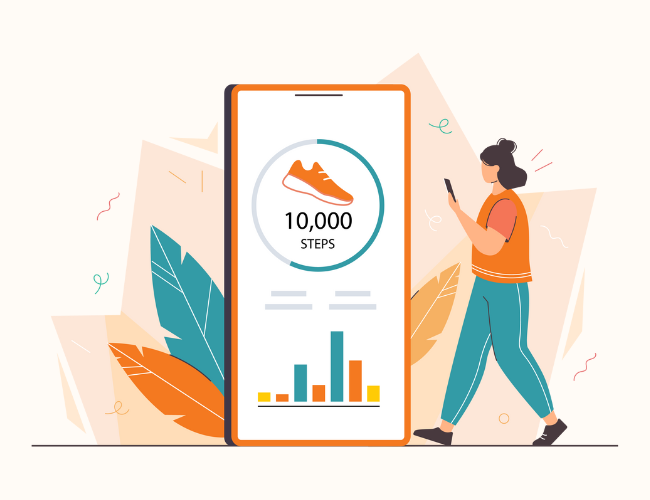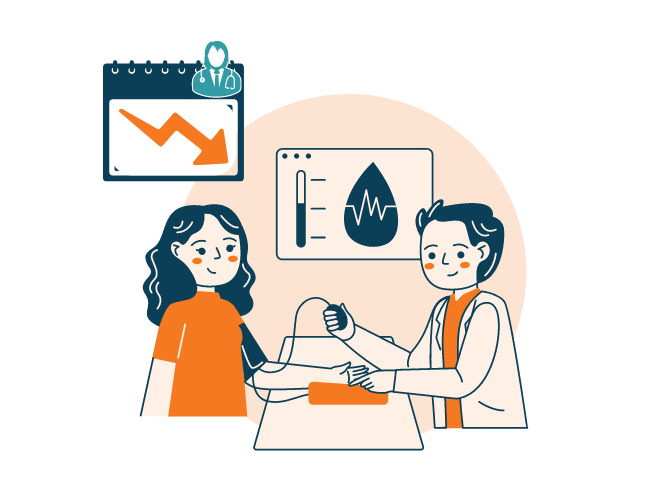A recent poll from the National Foundation for Infectious Diseases (NFID) reveals that only 52% of American adults plan to get the 2019-20 flu vaccine—even though 60% of survey respondents said that receiving the vaccine is the best way to prevent flu-related complications.
Poll respondents cited several reasons for not getting a flu shot:
- 51% don’t think flu vaccines work
- 34% are worried about side effects from the vaccine
- 22% are worried about getting the flu from the vaccine
A majority of U.S. adults get information about flu vaccines from health professionals, with 71% saying they trust their doctors a great deal or a lot and 61% saying the same of nurses. Seventy percent of U.S. adults do not trust social media as a source of information about flu vaccines.
The Centers for Disease Control and Prevention (CDC), the NFID, and the U.S. Department of Health and Human (HHS) Services all encourage everyone over the age of six months to get a flu shot. “Make no mistake: the flu is a serious, but impactable health challenge,” said HHS Secretary Alex Azar at a recent press conference.
Flu Complications Still A Real Danger
Myths about influenza still abound, and many people believe that otherwise healthy adults don’t need to be vaccinated. The truth is that genuine influenza can cause serious complications, even in healthy adults and children. During the flu season of 2017-18, 79,000 people in the U.S. died as a direct result of contracting the flu virus. Even those who don’t die can experience extreme complications and end up hospitalized.
Those at highest risk for complications from the flu include:
- Those with other chronic health conditions, such as asthma or diabetes. Asthma and diabetes patients are three times more likely to die from complications of the flu than other patients.
- Heart patients, who are six times more likely to suffer a heart attack in the week after a flu diagnosis than they normally are.
- Children under five, especially children under two.
- The elderly—those over 65—and people in long-term care facilities.
- Pregnant women.
Complications from flu can range from mild, such as sinus or ear infections, to life-threatening, such as pneumonia, sepsis, heart or brain inflammation, and organ failure.
Some experts are suggesting that the flu season of 2019-20 may be as bad as the one two years ago. Many experts look to Australia as a predictor of the U.S. flu season since the Australian flu season precedes the U.S. by about six months. The most recent Australian flu season hit the continent earlier than usual and lasted later than usual.
Opportunities For Companies
Similar to smoking cessation programs, flu vaccines are one of the few wellness program with a direct return on investment for companies. For most commercially insured employers (not self-insured), flu shots are essentially free in that they are already covered in the premium, similar to an annual physical. Although self-insured employers pay for flu shots, they benefit from the savings they provide.
Encouraging flu shots for the entire staff can mean a return on investment via productivity; fewer sick people means fewer sick days. Even if some people do contract flu (flu shots do not guarantee prevention), those vaccinated tend to have less severe symptoms and fewer complications. The more people in an office who are vaccinated, the fewer cases of flu—and the fewer sick days—the company will experience, as it is less likely to spread.
Companies have an opportunity to make a huge difference in flu vaccine rates within their workspaces. Some initiatives could include:
- Education: There are still many misconceptions widely circulating about the flu vaccine. Employers can offer accurate education and vetted information to help employees make an informed choice about whether to get the flu shot.
- Onsite vaccines: Only 8% of respondents to the NFID survey said they received their flu vaccine at work, while 40% said that the vaccine was available at their workplace. A combination of education and ease of access could help improve vaccination rates.












